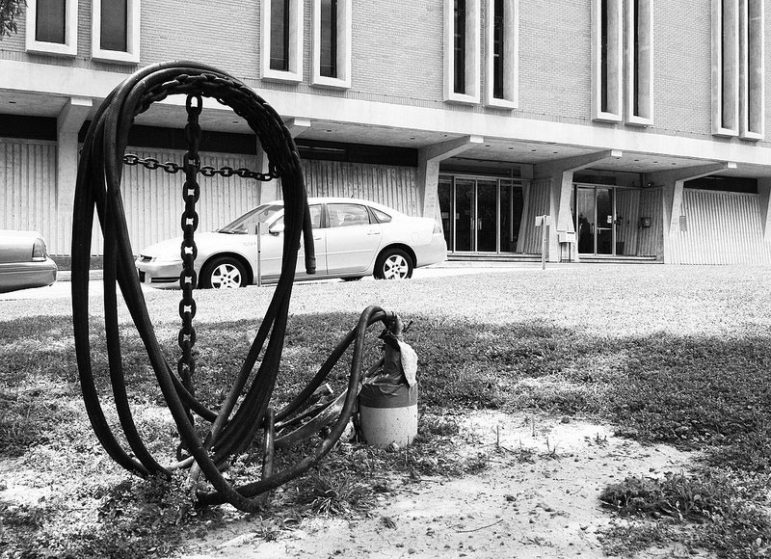
December 15, 2016; Washington Post
Execution of inmates in the United States has hit its lowest rate in 25 years, according to an article in the Washington Post last week.
Twenty people on death row were executed in 2016, the lowest since 1991 when executions numbered 14. This figure peaked in 1999 at 98 and has steadily declined every year since 2012. Factors for the decline include difficulty accessing the drugs used in lethal injections and unwillingness by prosecutors to seek the death penalty in the face of increasing death row exonerations. increasing death row exonerations. Texas accounted for 7 of these executions, the lowest number in 20 years, and thus becoming second to Georgia which executed 9 in 2016.
Some advocates are hopeful that this may mark a turning point.“The death penalty landscape in Texas continues to change dramatically,” said Kristin Houlé, executive director of the Texas Coalition to Abolish the Death Penalty last week. “Prosecutors, juries, judges, and the public are subjecting our state’s death penalty practices to unprecedented scrutiny and, in many cases, accepting alternatives to the ultimate punishment.” The group noted that only three new death sentences were handed down in 2016, as compared to the all time high of 48 in 1999. All three sentences were given to black men.
Sign up for our free newsletters
Subscribe to NPQ's newsletters to have our top stories delivered directly to your inbox.
By signing up, you agree to our privacy policy and terms of use, and to receive messages from NPQ and our partners.
Also contributing was the sidelining of Florida’s death penalty statute after the Supreme Court struck it down in January. The state has 400 death row inmates, the second highest in the nation behind California, and the fourth-highest number of executions since 1976.
Despite the decline in executions and reluctance to seek the death penalty, last month saw voters in three states come out in strong support for the sentence. In Oklahoma, scene of the disastrous execution of Clayton Lockett in 2014, residents voted overwhelmingly to amend the state constitution to make clear that the death penalty, rulings on specific methods aside, is not cruel and unusual punishment. California voters refused to pass a measure to repeal the death penalty, voting instead for legislation that would expedite executions for the more than 700 inmates on its death row. And Nebraskans voted definitively to bring the death penalty back to the state after its repeal last year over cost issues.
It should be noted that the downward trend in executions seen in the United States is not mirrored globally. As NPQ reported in April, worldwide executions hit an all-time high in 2015 according to Amnesty International, with over 1,600 people killed—a 50 percent increase on 2014. This figure did not include numbers from China, where information on death penalty killings is kept secret.—Melinda Crosby












